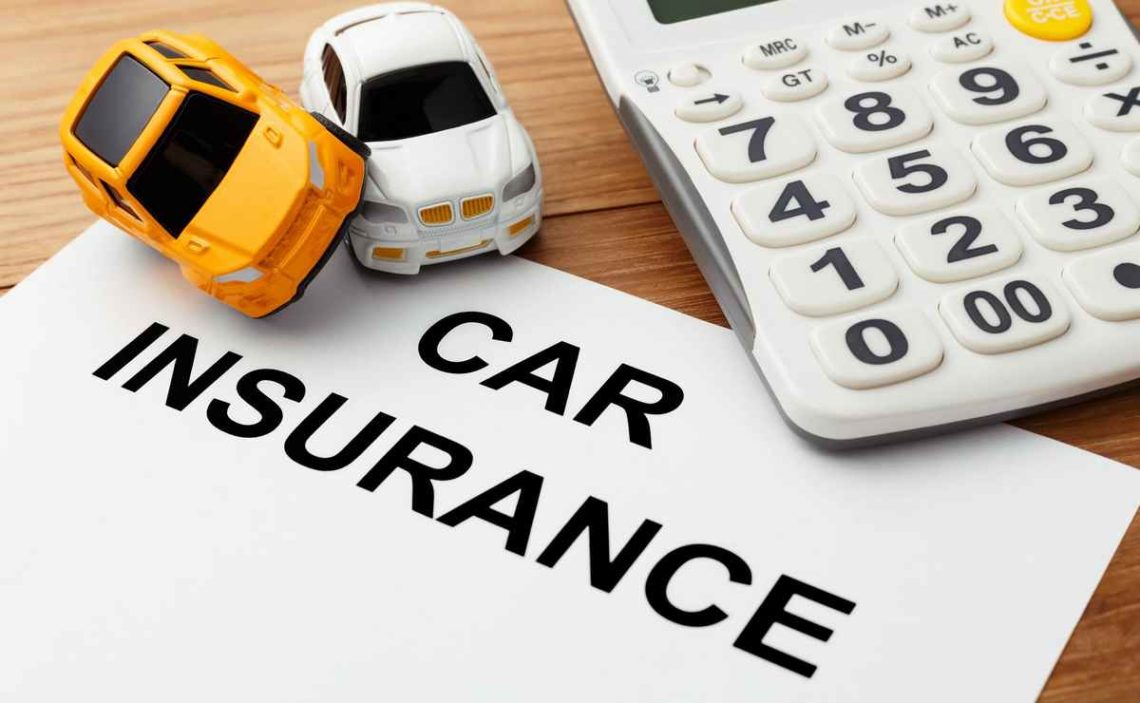If a police officer stops us for running a red light, we will be asked for a license, registration, and proof of insurance. But, we may wonder whether we can insure a car that is not yet registered, to show evidence that demonstrates that the vehicle is insured.
It is important to take out comprehensive car insurance; and obtaining insurance coverage for a vehicle not registered in our name is possible. This is not such a common process, and the insurance policy must be registered in the name of the owner, who must also be included in the coverage.
Can we insure a car if we are not the owner?
As a general rule, it is possible to insure a car that is not registered in our name, but it will come down to the insurance company’s guidelines. We can co-own the car or add ourselves as owners. We may also take a liability insurance to cover us while driving a car that is not ours.
If we have insurance and want to reduce costs or are looking to change insurance companies, we will have to look for different options to get the best coverage.
What is insurable interest?
An insurable interest can be used to protect the primary policyholder against possible financial losses. This will show the insurance company that we have a personal interest in the vehicle and its care if it is damaged.
This can be difficult to prove if we do not own the vehicle, and insurance companies will always be expecting fraud. For this reason, there is not much chance of getting a policy authorized if the vehicle is not registered in your name.
How can you insure a vehicle that is not in your name?
There are three ways to do this process, which is as follows:
Co-owning the vehicle
It consists of creating a joint vehicle ownership, and both owners must sign the original application for registration and title from the state of residence. If we co-title the vehicle, both owners must be listed on the car insurance policy as well as any family member who drives the car.
The only exception is if the registered owners do not live together and do not both drive the car. Both drivers may not have to be listed on the car insurance policy in this case.
Non-Owner’s Insurance
If we have a non-owner’s insurance and have an accident, this type of policy will act as secondary insurance. This policy will kick in as soon as the primary policyholder’s insurance is exhausted.
In the case of businesses, such a policy is often taken out for a car or truck driven by employees. There are also other reasons to have these policies, such as:
- When we borrow the car occasionally.
- If we rent an automobile for an extended time.
- If we want to obtain and hold a driver’s license.
Adding to the vehicle owner’s policy
A vehicle owner can often add another person to their insurance policy, such as a family member or close friend. By doing this, anyone who is on the policy will be covered. This will also be the case when you have the same address as the owner of the vehicle.
When can we not insure a vehicle that is not in our name?
The reasons that may stop us from insuring a car that is not in our name are the following:
- We are not legally authorized to drive, either because we are a minor or for some reason that does not allow us to drive.
- We do not have permission from the owner or principal policy holder.
- We have no insurable interest in the vehicle, a requirement by many companies to issue a policy.
- We have a bad driving record or DUI.
- We have had gaps in the insurance coverage.
Obtaining insurance for a vehicle that is not registered in your name is difficult, and many insurance companies may reject your application.
State laws that prevent insuring a car that is not our own
In some states, vehicle registration and insurance go hand in hand. In the State of New York, we must have insurance to register the vehicle. However, if the name on the vehicle card does not match the name of the person applying for insurance, a policy will not be issued.
Furthermore, California has a similar situation, and vehicle owners must cancel their insurance and transfer the vehicle to the new owner. However, as in many states, insurance is required before registering the car, so it is essential to have a policy.
In addition, we must consider that, in California, we will not be able to add a person to our insurance policy. The only exception to this rule is if the person lives at the same address, which will allow us to go through the process. However, it is still difficult, so it is important to review the laws in force in your state of residence to avoid setbacks.
Luis graduated from Boston 2004 in Northeastern University and Tulane University with a MBA in NYU Stern School of Business.
Since then, Luis O. has earned the CFA Institute Certificate in ESG Investing, the Chartered Financial Analyst® designation (CFA® charter), as well as having FRM Certification which makes him a high-level financial consultant.
Luis has been collaborating in writing finance-related content for allaboutcareers since February 2022.


